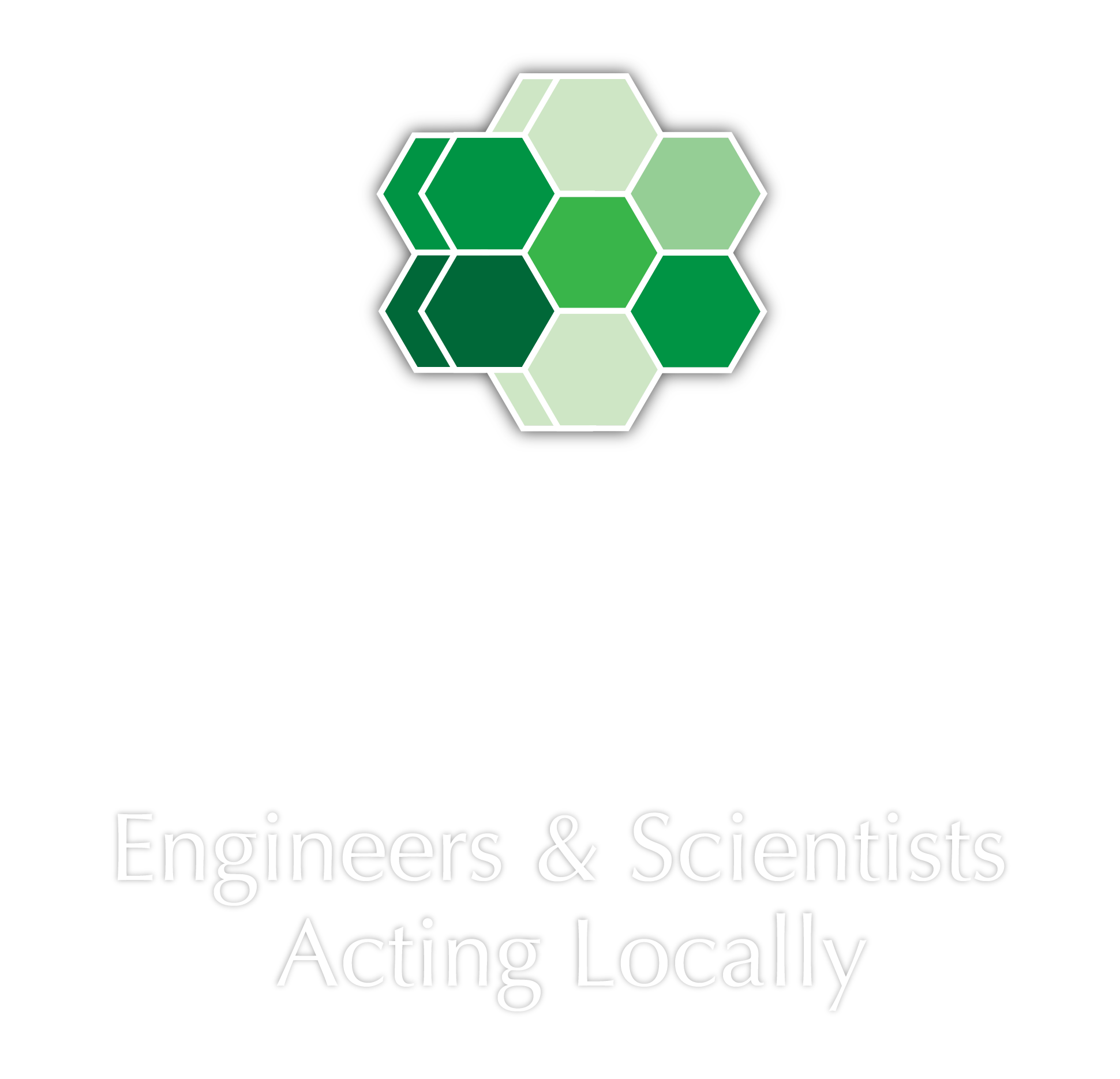314 Action works to elect those with STEM backgrounds and pro-science agendas to local, state, and federal office. Alums have changed not just the dialogue around STEM issues, but, once elected, have also brought expertise and rigor to solve problems ranging from raising the minimum wage to minimizing veteran homelessness.



